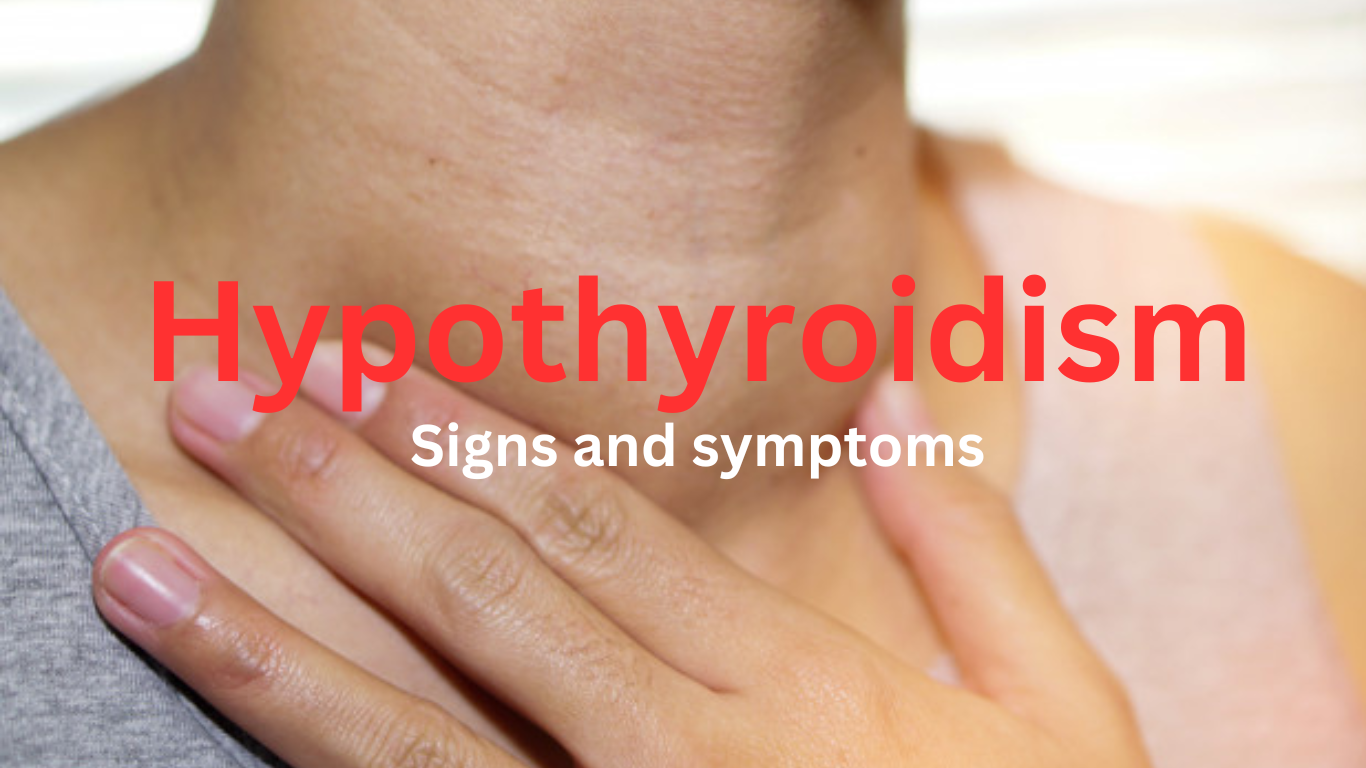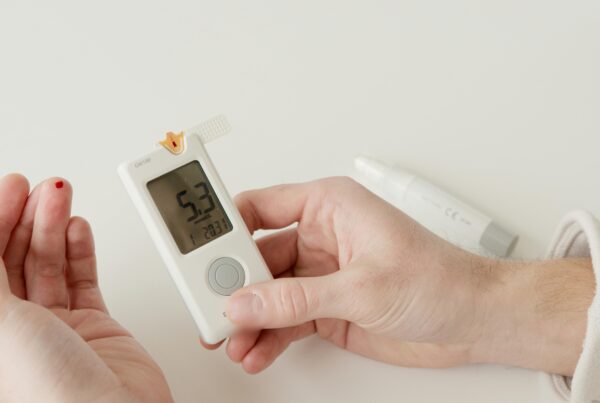Hypothyroidism, or low levels of thyroid hormone, slows your metabolism and decreases growth or repair of many parts of the body.
At the most basic level, thyroid hormone is responsible for coordinating energy, growth and metabolism in your body.
Problems can occur when this hormone’s levels are too high or low.
What is Hypothyroidism?
The thyroid is a small, butterfly-shaped gland that drapes across the front of your windpipe.
If you place your fingers on the sides of your Adam’s apple and swallow, you’ll feel your thyroid gland sliding under your fingers.
It releases thyroid hormone, which controls the growth and metabolism of essentially every part of your body.
The pituitary, a tiny gland in the middle of your head, monitors your physiology and releases thyroid-stimulating hormone (TSH). TSH is the signal to the thyroid gland to release thyroid hormone
Sometimes TSH levels increase, but the thyroid gland can’t release more thyroid hormone in response. This is known as primary hypothyroidism, as the problem begins at the level of the thyroid gland.
Other times, TSH levels decrease, and the thyroid never receives the signal to increase thyroid hormone levels. This is called secondary hypothyroidism.
Hypothyroidism, or “low thyroid,” can cause a variety of signs and symptoms. This article will help you recognize and understand these effects.
Here are 10 common signs and symptoms of hypothyroidism
Feeling tired
One of the most common symptoms of hypothyroidism is feeling worn out. Thyroid hormone controls energy balance and can influence whether you feel ready to go or ready to nap.

Image by Vitality
As an extreme example, animals that hibernate experience low thyroid levels leading up to their long sleep
Thyroid hormone receives signals from the brain and coordinates cells to change their functions, depending on what else is going on in your body.
Those with high levels of thyroid hormone feel nervous and jittery. In contrast, people with low thyroid feel exhausted and sluggish.
In one study, 138 adults with hypothyroidism experienced physical exhaustion and reduced activity. They also reported low motivation and feeling mentally tired
Low-thyroid individuals feel unrested, even though they may be sleeping more.
Weight gain
Unexpected weight gain is another common symptom of hypothyroidism
Not only are low-thyroid individuals moving less — they’re also signaling their livers, muscles and fat tissue to hold on to calories.

Internet
When thyroid levels are low, metabolism switches modes. Instead of burning calories for growth and activity, the amount of energy you use at rest, or your basal metabolic rate, decreases. As a result, your body tends to store more calories from the diet as fat.
Because of this, low thyroid hormone levels can cause weight gain, even if the number of calories eaten remains constant.
Feeling cold
Heat is a byproduct of burning calories.
For example, consider how hot you get when you workout. This is because you are burning calories.

NYU Image
Even when you’re sitting, you’re burning a small amount of calories. However, in cases of hypothyroidism, your basal metabolic rate decreases, reducing the amount of heat you generate.
In addition, thyroid hormone turns up the thermostat on brown fat, which is a specialized type of fat that generates heat. Brown fat is important in maintaining body heat in cold climates, but hypothyroidism prevents it from doing its job
That’s why low levels of thyroid hormone cause you to feel colder than others around you. About 40% of low-thyroid individuals feel more sensitive to cold than usual
Weakness and muscle pain
Low thyroid hormone flips the metabolic switch toward catabolism, which is when the body breaks down body tissues like muscle for energy

Image- Internet
During catabolism, muscle strength decreases, potentially leading to feelings of weakness. The process of breaking down muscle tissue can also lead to aching
Everyone feels weak once in a while. However, people with hypothyroidism are twice as likely to feel more weak than usual, compared to healthy people
Hair loss
Like most cells, hair follicles are regulated by thyroid hormone.
Because hair follicles have stem cells that have a short lifespan and rapid turnover, they are more sensitive to low thyroid levels than other tissues.

Image- V plant
Low thyroid hormone causes hair follicles to stop regenerating, resulting in hair loss. This will typically improve when the thyroid issue is treated.
https://www.healthline.com/nutrition/hypothyroidism-symptoms#hair-loss



